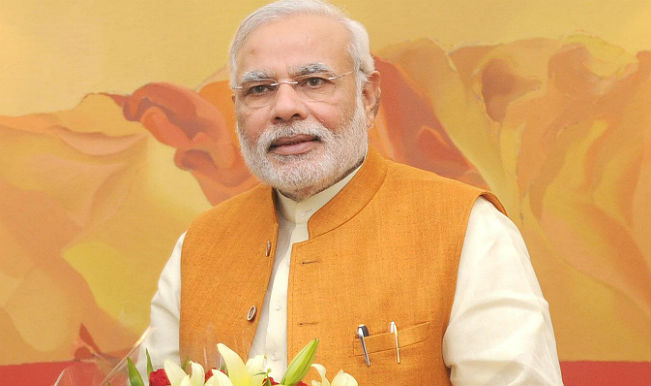
The Union Cabinet has given its approval for India’s accession to the Customs Convention on International Transport of Goods under cover of TIR Carnets (TIR Convention) and necessary procedures for ratification.
By joining the convention, Indian traders will get access to fast, easy, reliable and hassle free international system for movement of goods by road or multi-modal means across the territories of other contracting parties.
Key Points
The need for inspection of goods at intermediate borders as well as physical escorts en route shall be obviated by joining the TIR Convention, due to reciprocal recognition of Customs controls.
It will avoid clearances at Border Crossing Points and ports that may often be congested, as under the convention customs clearance can take place at internal Customs locations.
Movement under the TIR is allowed by only checking the seals and the external conditions of the load compartment or the container.
Thus, it will play important role in reducing border delays, transport and transaction costs thereby leading to increased competitiveness and growth for the trade and transport sectors.
Compliance with the Convention will ensure enhanced security in the supply chain as only approved transporters and vehicles are allowed to operate under it.
It also represents a guarantee for Customs duties and taxes and traffic in transit, so there is no need for payment of such taxes and duties en route.
It can serve as an instrument for movement of goods along the International “North-South Transport Corridor (INSTC) particularly using ports in Iran like the Chabahar port.
It will be helpful in boosting trade with the Central Asian Republics and other Commonwealth of Independent States (CIS).
About TIR Convention
TIR Carnets, 1975 (TIR Convention) is an international transit system under the auspices of the United Nations Economic Commission for Europe (UNECE).
It facilitates the seamless movement of goods within and amongst the Parties to the Convention.
At present there are 70 parties to the Convention, including 69 states and the European Union. It covers customs transit by road and other modes of transport (e.g., rail, inland waterway, maritime transport), as long as at least one part of the total transport is made by road.
It also serves as a Customs declaration, and hence it precludes the need to file multiple declarations satisfying national laws of the different transiting countries.
Current Affairs 6th March, 2017 Current Affairs Round Up Bullet Points, February, 2016

Join The Discussion